Many people think they need to feel “inspired” to write, but seasoned writers know that not only is that untrue, “getting inspired” isn’t even a key ingredient. Sometimes the best work you can do is done not out of inspiration, but out of sheer panic, under perfect duress, when you have a deadline.
There are days when I really don’t feel like doing this work. Today is such a day. The sky is dark. The cats are napping. I envy their perfect lack of ambition as they laze on different levels of their blue-grey cat tower in front of the window, taking the few rays that peek through the dismal September sky. If I had my druthers, I would pop a bottle of beer and curl into the fetal position until winter ended and the sun returned.
But.
I have a class to teach, and I have a blog to write, and I have a submission support group to run. Am I in “the mood” to do any of these things? No. In fact every word I write feels a little bit like a tooth I am trying to pull out of my brain, and yet, if I hadn’t just told you that, you might not even notice the difference. To be honest, some of my most successful poetry was written in a foul mood, and on a deadline for a class.
The secret of sweat
Studies show no correlation between “feeling inspired” and doing your best work. Your best work is mostly a matter of craft, technique, and, more importantly than any of these, of simple volume. As Anthony Moore puts it here, if you’re relying on inspiration, you’re doing it wrong. The secret is not inspiration, but perspiration.
That is why, beyond giving yourself plenty of time to find something to write about, to fly off to exotic places, have moonlit conversations with mysterious members of the opposite sex, or learn to shoot a gun, it’s important to give yourself external motivators. Deadlines. Blogs. Classes. Or, simply an accountability partner. If it’s true that you’re the average of the five people you spend the most time with, what you really need is to immerse yourself in a tribe of your creative fellows. Don’t road trip like Kerouac; go get yourself an Alan Ginsberg to meet you at a coffee shop and write.
Here’s an example of what an accountability partner did for me. Last spring, after I launched my e-course “How to Think Like a Poet” I wanted to try it out, to try all twenty lessons and tell me how it worked for them. The problem was, a lot of poets signed up for the course, started it, said how useful it was for the first week, and then fell asleep in that same valley where Rip Van Winkle napped for ninety years. So I enlisted my friend, a poetry therapist, to be my accountability partner for the course, and I would be hers.
Every day we each got a prompt. We worked on it separately, me in the morning usually, her later in the evening, and by midnight each day we had to send one another a rough draft. It wasn’t easy. Some days I wasn’t “feeling it” or couldn’t quite carve out the time. But, because I knew that she was counting on me for her own accountability, I somehow managed to make it work, and “somehow managed” is pretty much how creativity makes it from the head to the page.
Probably the most challenging experience, around day ten of the course, I attended a book opening, assuming I’d have time to go home, jot down some lines and send them to my accountability partner before bed. Then the reader pulled out his 400-page tome – obviously a work of great dedication, on a subject close his heart, but, I’m sorry to say, overwritten with flat anecdotes and mind-numbing detail. The author seemed determined to read the whole thing to us that night, slowly and with great care.
Any of you who’ve been to a dull reading know there’s only two avenues for a polite, dignified escape, but by the time I realized the evening was getting away from me, it was past intermission and I’d already chosen to sit smack dab in the middle of the audience. Not only was the hour growing late (I’m a steadfast morning person), I could feel my mental energy being drained by bad writing.
As discreetly as I could, I slunk down in my chair and opened my cell phone, shutting down the volume, shielding the bright screen with my hand. While Mr. Charisma droned on, I proceeded to fulfill the prompt of the day, which was about metaphor. Given the circumstances, I chose to alter an existing draft I’d been wrestling with about watching a spider catch and eat a fly at a retreat center in Hawaii.
It was the metaphor itself I was stuck on, something I couldn’t quite articulate about time and eternity and human connection to nature. The clock ticking bravely above the featured speaker’s head put me over, and lines started dripping out. A fantasy of where I wished I was. “It is quiet o’clock.” I wrote. “It is island time.” “The waves tick out their seconds.” “The spider winds the hour around the fly.” “The earth spins us in her wheel of moments. Until we wax our eyes full of moons.” Nonsense, sure, but pretty good nonsense, I thought.
By the time I was done with this little jot of a poem, the reading had ended. I emailed my buddy and drove home, playing the loudest music I had to keep me awake.
Truth is everywhere
My friend’s experience keeping our daily commitment reflected mine. Her e-mails often began with, “I really don’t like this piece, but it was the only thing I could come up with on short notice.” Then, naturally, the pieces she liked the least I thought were some of her best work. Writing is based on truth, I thought, and truth is all around us, every minute of every day. You don’t have to wait for inspiration. You just have to open your eyes and describe in detail what the bird outside your window is doing and why it reminds you of that time nobody came to your birthday party when you turned twelve.
Writing is, in fact, very easy. Avoidance is the real problem. As the Roman statesman Seneca said, “It is not because things are difficult that we do not dare, it is that we do not dare that makes them difficult.”
More than learning the mysteries of the universe, use the tool of accountability, get a partner, work with a coach, take a class, set a deadline, and dare to do it. Then dare again. Of the twenty poems we sent back and forth over the course of four weeks, some were tossed; some worth keeping. It’s all about the volume and the persistence, not the minute flashes, which are thrilling, but fleeting.
Some of the most brilliant poets I work with have the biggest problems with accountability. Their work drips with lyricism and magic straight off the bone. They are published in the best journals, and yet, when they arrive first day of class, they always say the same thing, “Tresha, I haven’t written a word since your last workshop.”
We all have our individual reasons to avoid writing – fear, self-judgment, all the new episodes of Bored Housewives we have to catch up on. Yet, when people are in class or working with others, something lifts, or something arrives to drive them. All of those lovely, talented students who haven’t written a thing since I saw them last, somehow find their way to a seat, and a way to open the gates of the flood.
As the new Poetry Salon class session beckons us on the calendar, that’s one of the core learnings I hope my students receive – find yourself a safe space, a comfy chair, whatever high-octane dose of caffeinated goodness suits you, and a little accountability.
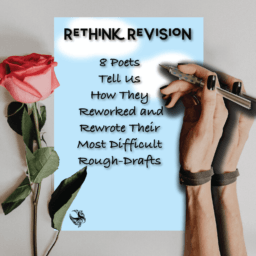
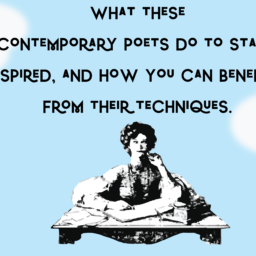

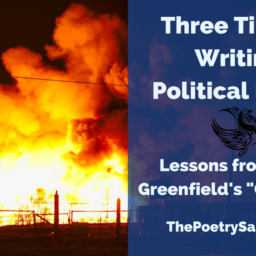
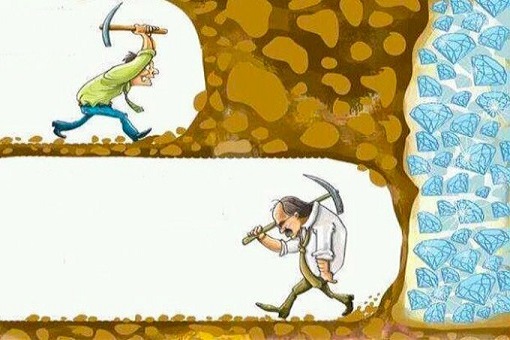
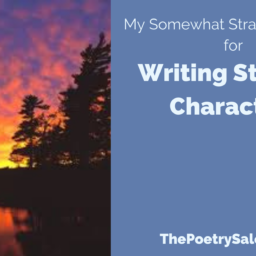
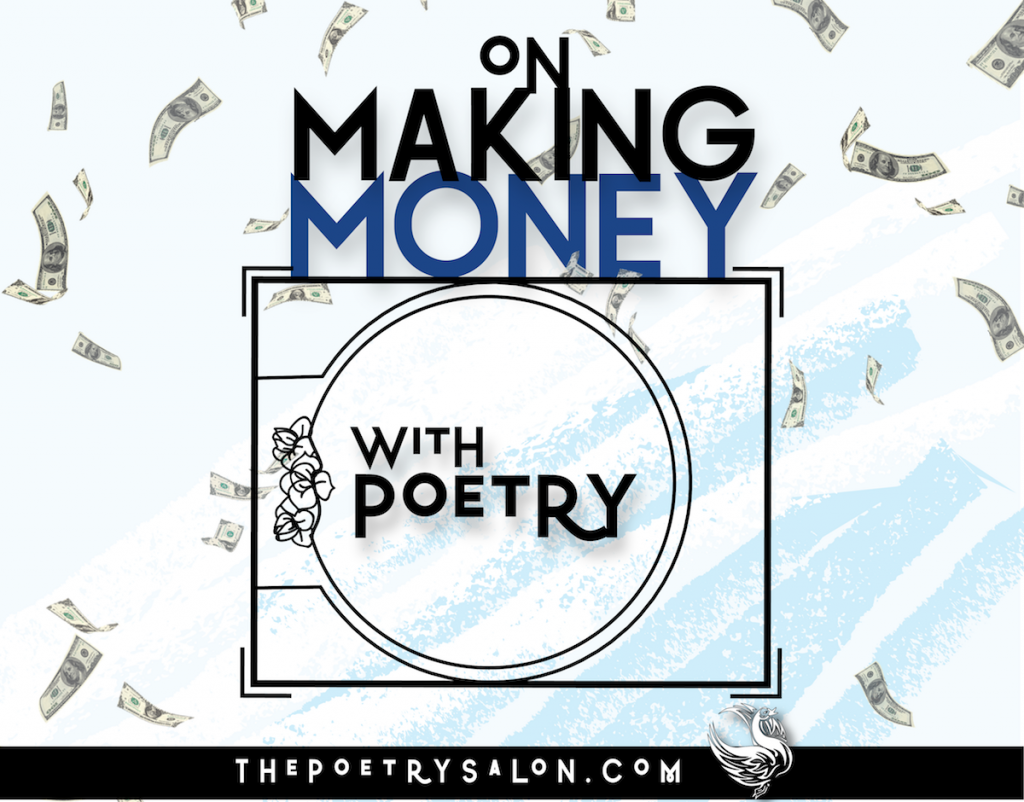
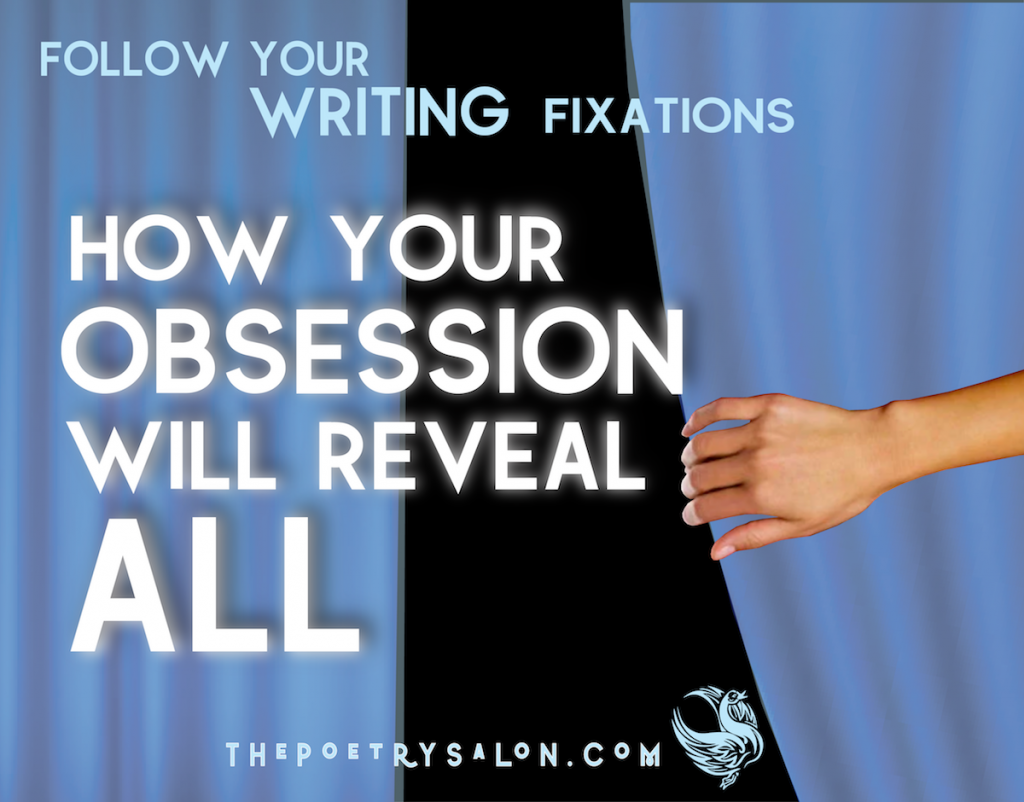
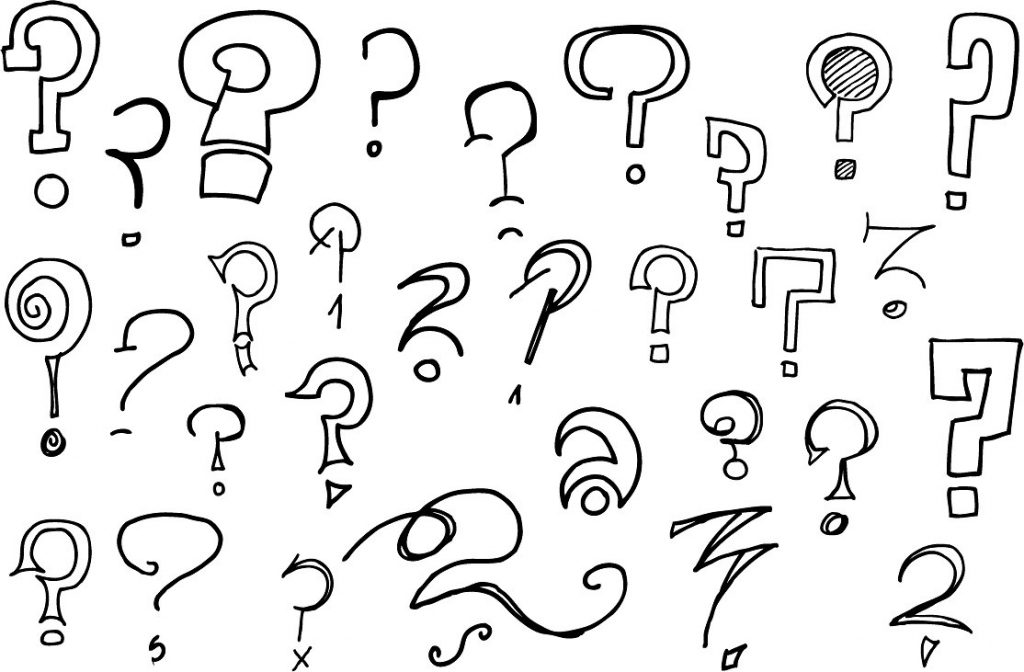
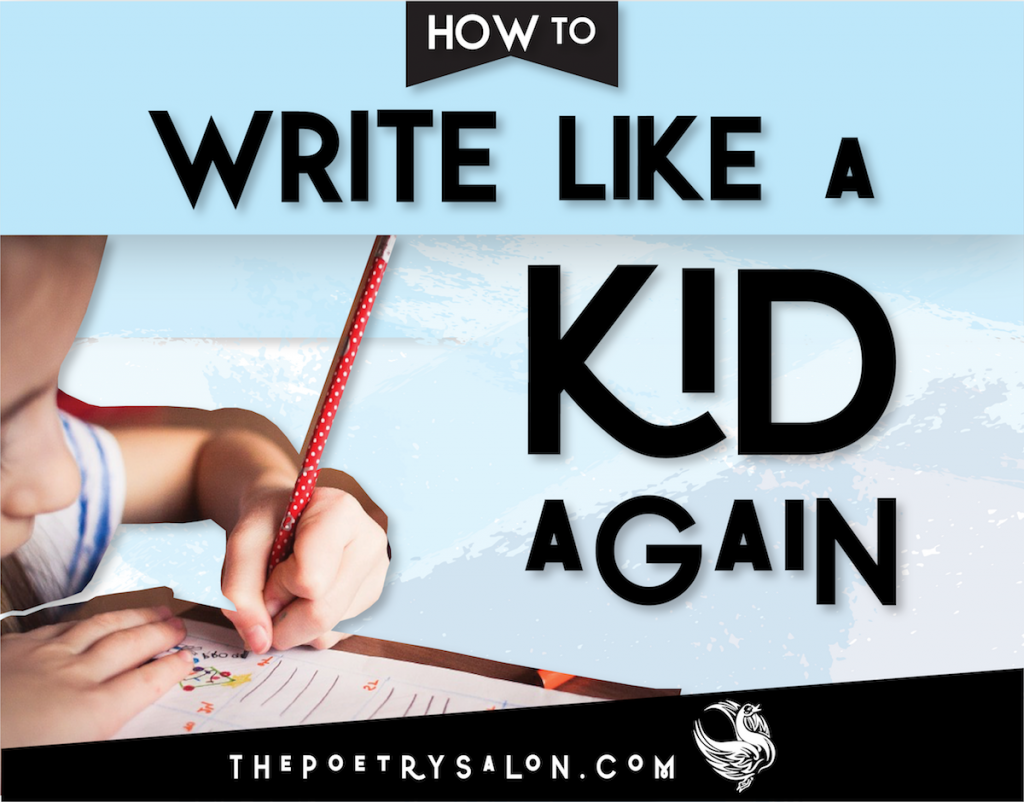
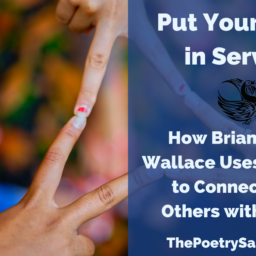
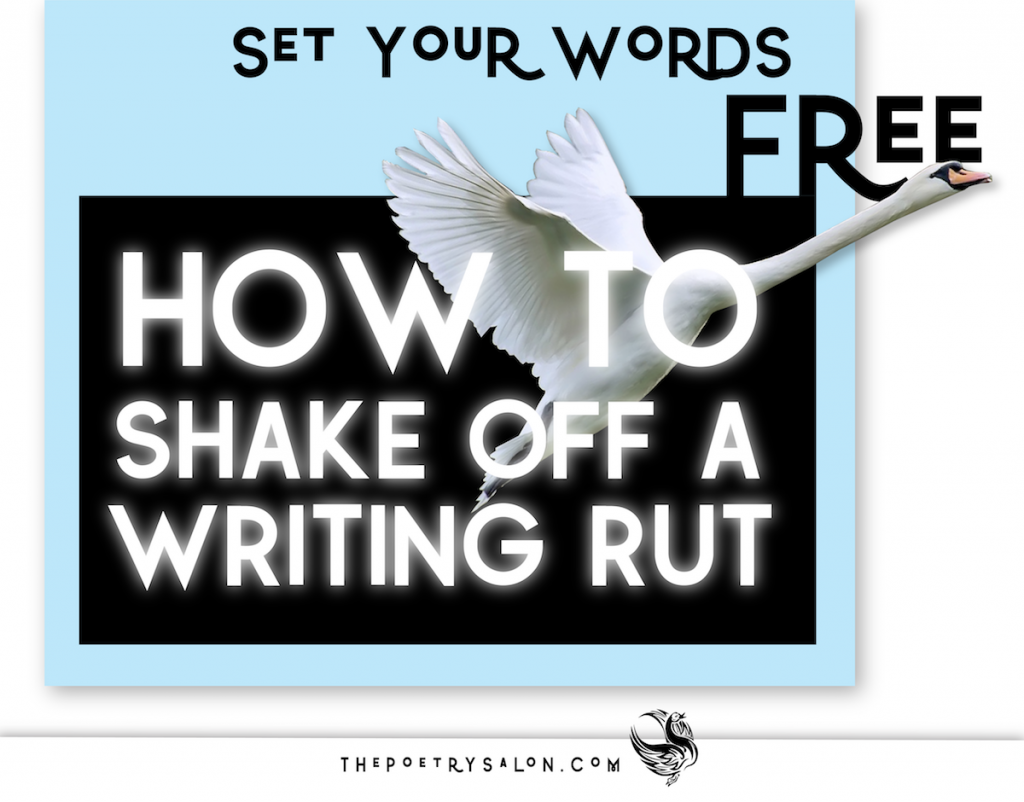


Love this piece. Great advice, well written and inspiring.
Thank you Roz! We really appreciate your feedback!
Another Way to Make Great Writing – Accountability Partners – The Poetry Salon http://kudaku.me